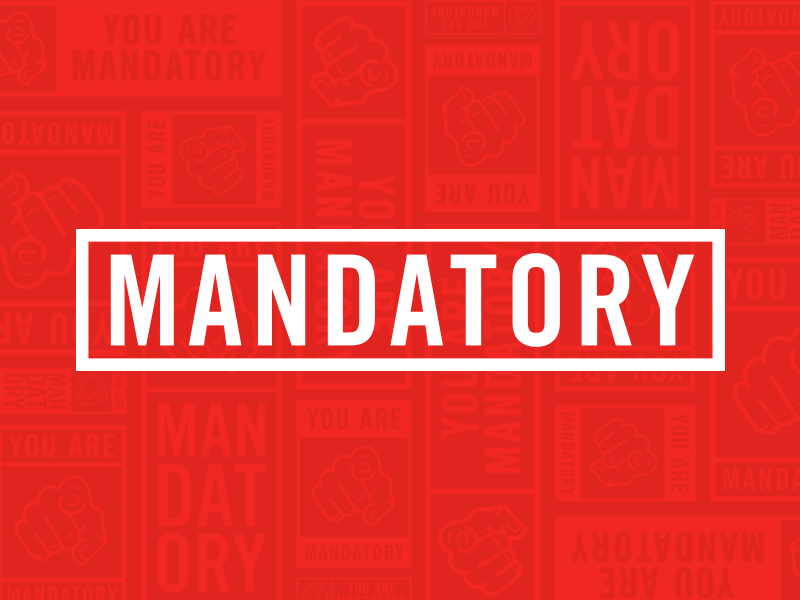
Most people who really care about movies know that trailers can be misleading. Marketing departments tend to load trailers with action sequences, sexy ladies, funny jokes and so forth. And sometimes, even often, you go see the actual movie only to find out that all the “good stuff” was in the trailer, and the rest of the movie is either very different, or at least not as entertaining. That’s business as usual for Hollywood. One Michigan resident, Sarah Deming, thinks it’s false advertising, and she’s taking them to court.
The suit specifically calls out Nicolas Winding Refn’s critically-acclaimed drama Drive, the trailer for which, Deming claims in the lawsuit, “promoted the film ‘Drive’ as very similar to the ‘Fast and Furious,’ or similar, series of movies.” She’s suing the film’s production company, Film District, for the price of her movie ticket and to put a stop to “misleading movie trailers” in the future. Hollywood Reporter also indicates that Deming is leaving her case open, should similarly-disappointed viewers wish to turn it into a class action lawsuit.
For the record, this is the trailer for Drive.

For the record, this is the trailer for the most recent Fast and Furious movie, Fast Five, which came out five months prior to Drive. Do they seem similar to you?

Yeah, we don’t think so either. Look, misleading movie trailers are a pain in the ass, but they’re usually forgiven since, technically, all the footage is either in the movie, or was at least shot for the movie. But having seen Drive, we don’t think that the trailer is misleading, even though it does foreground the action in a movie which doesn’t have wall-to-wall explosions and gunfights. What it seems to boil down to is that this person didn’t like the film they ultimately saw (which, for what it’s worth, has a “93% Fresh” rating on Rotten Tomatoes and won a “Best Director” award at the prestigious Cannes Festival) and actually has enough time on their hands to bring a subjective interpretation of a film’s pacing to court.
What’s particularly telling is that the lawsuit also includes the following statement, which makes the singling out of Refn’s film feel more like a political move than anything else: “‘Drive’ was a motion picture that substantially contained extreme gratuitous defamatory dehumanizing racism directed against members of the Jewish faith, and thereby promoted criminal violence against members of the Jewish faith.”
Again, we saw the film, we loved it, and we’re confident that the above statement isn’t true. Some of the bad guys are Jewish, yes, but compared to the rampant racism and misogyny in, for example, Crank 2: High Voltage, Refn’s Drive comes across smelling like a rose. That said, the lawsuit is about false advertising, not defamation, so even bringing it up feels like pandering for attention at best. At worst, it makes it feel like the lawsuit could just be a smokescreen to bring an entirely different complaint to court, which is, well, kind of like false advertising, isn’t it?
Misleading movie trailers are a problem. They’re just not Film District’s problem. Not in this case, anyway.
CraveOnline will be back with more wacky industry news, but only if there are no objections.









